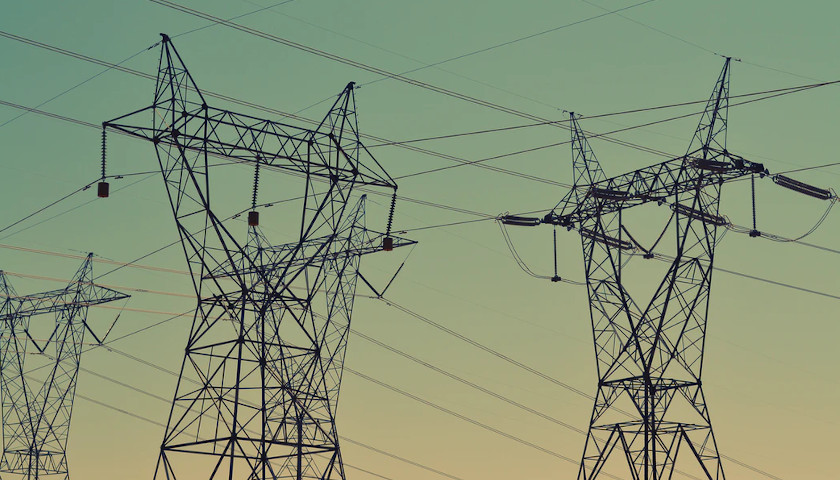Three membership organizations in Florida joined together Wednesday to oppose a settlement agreement by Florida Power and Light (FPL) that increased base electricity rates for its residential consumers and included a plan to expand solar energy, which is also paid for by residential consumers.
FPL is the largest retail energy company in the U.S. and serves more than 5.6 million customer accounts that represent over 11 million Florida residents, primarily along the East Coast.
FPL’s 4-year agreement is with the Florida Office of Public Counsel, which advocates for consumers, and three business groups – the Florida Retail Federation, the Florida Industrial Power Users Group, and the Southern Alliance for Clean Energy.
The League of United Latin American Citizens of Florida (LULAC), Florida Rising, and the Environmental Confederation of Southwest Florida (ECOSWF) are the three organizations against the settlement.
According to FPL’s website, the agreement will, “support continued long-term investments in infrastructure, clean energy and innovative technology – including the largest solar buildout in the United States – while keeping FPL’s typical residential customer bills well below the national average through the end of 2025.”
In March, the settlement was originally proposed to raise the base rates by $1.075 billion in 2022, $605 million in 2023, and a Solar Base Rate Adjustment (SoBRA) allocated to pay for, install, and operate solar energy fields in 2024 and 2025.
Although the new settlement decreased the base rates from March’s proposal to $692 million in 2022, and $560 million in 2023, the proposal did not change course on the development of solar energy for 2024 and 2025. Even with $428 million cut from the original proposal, LULAC, Florida Rising, and ECOSWF argue that the settlement will negatively impact Florida residential consumers.
“To put it succinctly, a settlement that transfers so much wealth from residential customers to commercial and industrial customers cannot be in the public interest, nor can a settlement that leaves residential customers worse off than in FPL’s original proposal (where they faced an approximately 20% rate hike),” the opposition states. They also claim that residential customers still face an increase in bills similar to the previous proposal, stating “a nearly 20% increase.”
It adds, “This joint motion for approval of the settlement agreement accomplishes both feats. Everyone gets what they want, except the residential public – who account for the vast majority of total customers, yet notably are the only major customer class unrepresented in the proposed settlement.”
The three companies also assert that FPL purposely failed to consult them on the terms of the agreement while citing Florida Administrative Code Rule 28-106.204(3), which they state is, “an important rule intended to encourage parties to proactively and efficiently work out their differences.”
They add, “By deliberately ignoring the requirements of this rule, the signatories ensured that no party representing residential customer interests was invited, much less present at the negotiating table. It is no surprise that since residential customers were denied a seat at the table, they wound up on the menu. And that’s precisely what happened.”
In addition to opposing the agreement, the three organizations requested an evidentiary hearing to “establish the evidence and facts to support the allegations” against FPL.
The Florida Public Service Commission will hold a hearing next week to decide whether it will sign off on the agreement.
– – –
Casey Owens is a contributing writer for The Florida Capital Star. Follow him on Twitter at @cowensreports. Email tips to [email protected].








